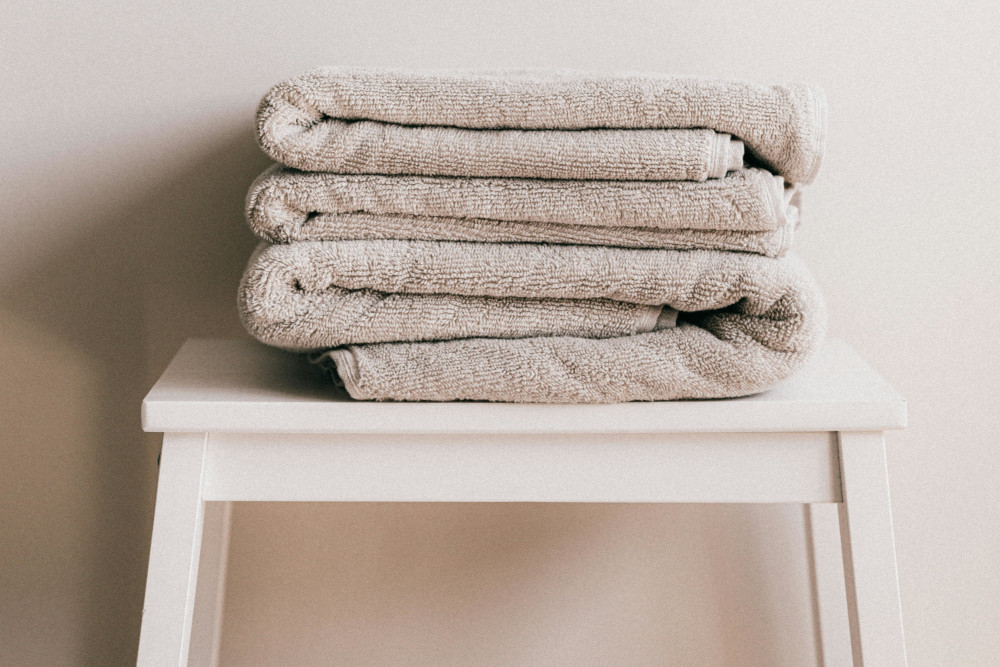Returning to moderate to vigorous physical activity (MVPA) after a concussion may play a vital role in helping teens feel less anxious while recovering from the injury, according to a new study.
Concussions are a common form of traumatic brain injury, particularly among adolescents engaged in sports and recreational activities. While physical rest has traditionally been recommended during concussion recovery, recent research suggests that gradually reintroducing physical activity could offer additional benefits.
The Study Findings
The study, conducted by researchers at [Institution/University], involved [number] adolescents aged [age range] who had sustained concussions. Participants were monitored throughout their recovery period, with their physical activity levels and anxiety symptoms assessed regularly.
The findings revealed a significant association between engagement in moderate to vigorous physical activity and reduced anxiety levels among teens recovering from concussions. Those who resumed MVPA earlier in their recovery process reported lower levels of anxiety compared to those who remained sedentary.
Implications for Concussion Management
The results of this study have important implications for the management of concussions in adolescents. While rest remains an essential component of concussion recovery, gradually reintroducing physical activity under medical supervision could help alleviate anxiety symptoms and support overall well-being.
Healthcare providers and caregivers should consider incorporating supervised physical activity into the recovery protocol for teens with concussions, taking into account individual factors such as the severity of the injury and the teen’s physical condition.
Conclusion
As our understanding of concussion management continues to evolve, it is becoming increasingly clear that physical activity plays a crucial role in supporting recovery, particularly in adolescents. By promoting a gradual return to moderate to vigorous physical activity, healthcare providers can help teens feel more comfortable and less anxious as they navigate the challenges of concussion recovery.




